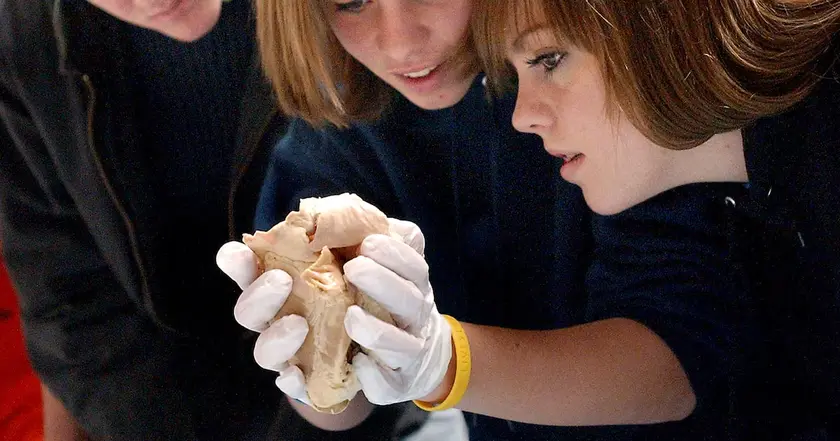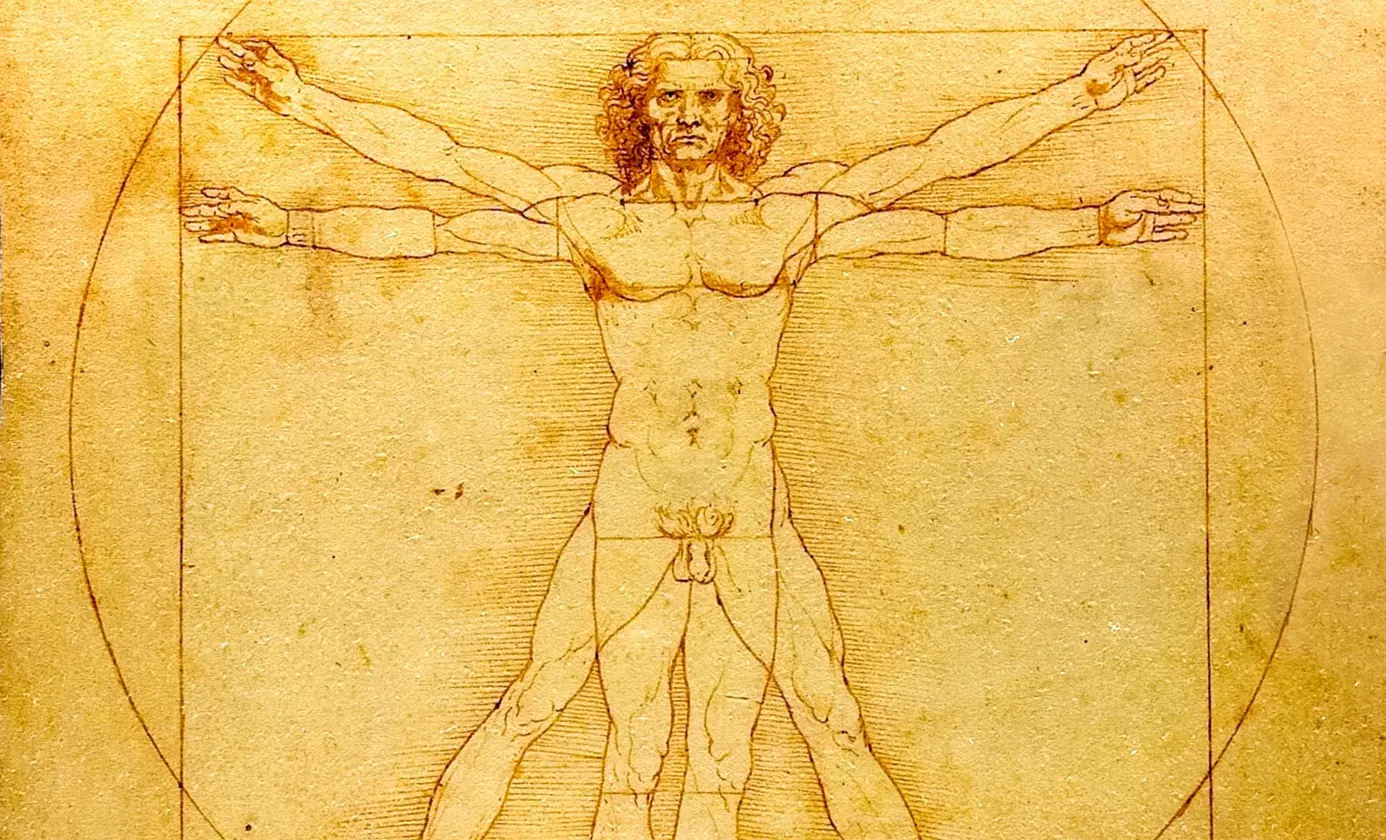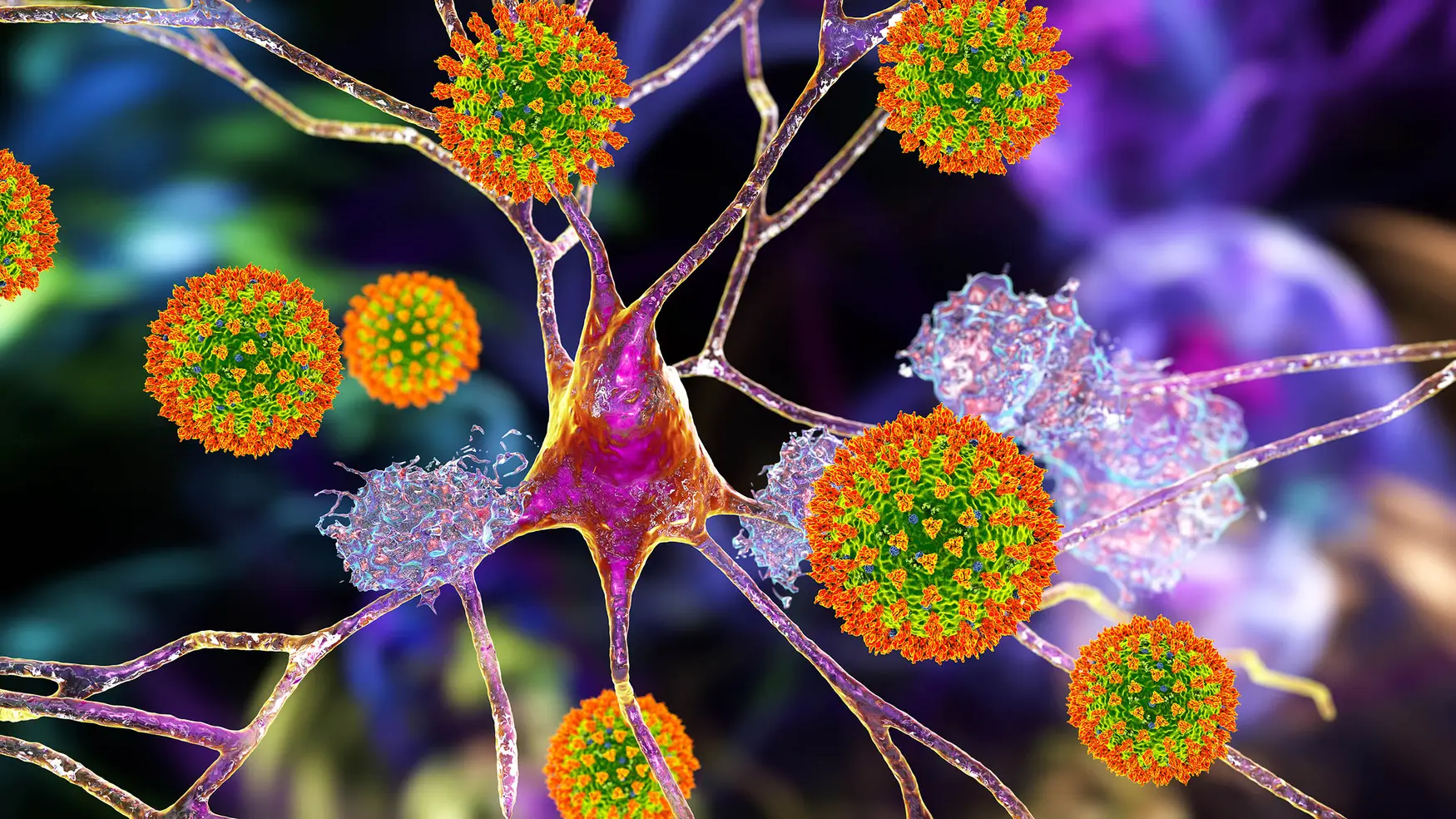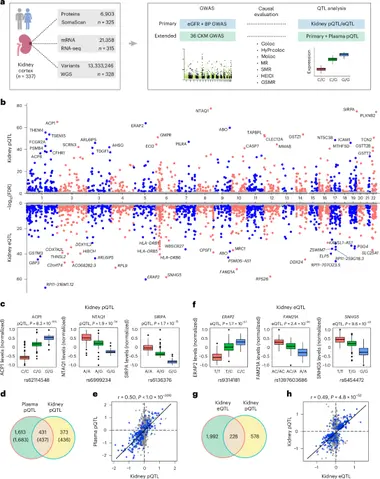T4K3.news
New MRI test predicts biological aging and health risks
Duke University researchers developed a method to determine aging pace and associated health risks through brain scans.

Scientists have developed a method to gauge biological aging through brain scans, predicting health risks.
New test reveals biological aging and mortality risk
Researchers from Duke University have created a method using MRI brain scans to measure biological aging, potentially predicting health risks for individuals in their 40s. The study shows that faster aging is linked to physical changes in the brain, with those identified as 'fast agers' being more likely to face chronic diseases and a higher risk of death within a few years. The tool, named DunedinPACN, assesses various brain features like gray matter volume and hippocampal size, allowing early identification of dementia-related issues. This approach enhances previous aging assessments by focusing specifically on midlife participants, linking faster brain aging to cognitive decline and health complications later in life.
Key Takeaways
"What's really cool about this is that we've captured how fast people are aging using data collected in midlife."
Ahmad Hariri highlights the innovative aspect of the aging assessment tool developed.
"The way we age as we get older is quite distinct from how many times we've traveled around the sun."
This comment emphasizes the difference between chronological age and biological aging.
This breakthrough in understanding biological aging through brain scans marks a significant advancement in preventive healthcare. As healthcare evolves, identifying risk factors early could drastically improve outcomes for conditions like dementia and chronic diseases. However, the implications of this technology may lead to ethical dilemmas regarding how this information is utilized and communicated to patients. Will this lead to anxiety around aging, or will it empower individuals to take proactive steps in managing their health?
Highlights
- Early detection of aging could change lives.
- Fast agers see a 40% higher mortality risk.
- Small changes in the brain may predict big outcomes.
- New aging tests may empower proactive health management.
Sensitive implications of aging predictions
The introduction of this technology raises concerns about how aging data might influence patient mental health and societal attitudes towards aging.
Future research will be essential to understand the broader impacts of this method on public health.
Enjoyed this? Let your friends know!
Related News

New study shows hearts age faster than bodies

New heart age calculator launched by Northwestern University

Visceral fat linked to faster heart ageing

Da Vinci Heart Sketches Open New Chapter in Cardiology

Long COVID cognitive recovery unfolds

Study finds pandemic stress hastened brain aging

Kidney Proteomics Maps New Targets for CKM health

Longevity science goes global and the world watches
